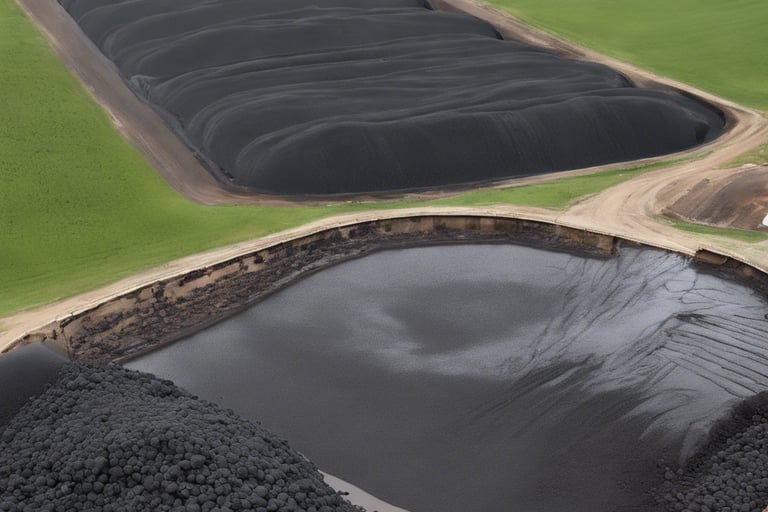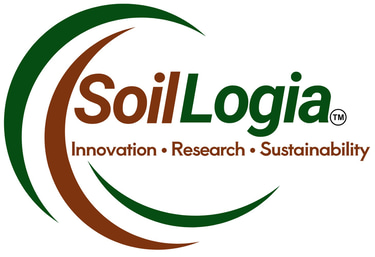Introduction to Sewage Sludge
Sewage sludge, also known as biosolids, is a byproduct of wastewater treatment processes that consists of organic and inorganic materials, pathogens, and various contaminants removed from wastewater. Each year, over 13 million dry tons of sewage sludge are produced in the United States, with approximately 60% being applied to agricultural land as fertilizer. While it contains nutrients beneficial for plant growth, sewage sludge also harbors harmful pollutants, including heavy metals, pathogens, pharmaceuticals, and persistent organic pollutants. These contaminants pose serious risks to soil, water quality, and human health if sludge is applied or managed improperly.


What is Sewage Sludge, and Why is It a Concern in the U.S.?
Environmental and Public Health Concerns
The main concerns around sewage sludge application stem from the potential for contaminants to leach into groundwater, enter the food chain, or accumulate in the environment. Heavy metals like lead, mercury, and cadmium are particularly problematic due to their toxicity to plants and animals and their ability to linger in soils for extended periods. Emerging contaminants, such as pharmaceuticals and PFAS (per- and polyfluoroalkyl substances), present additional challenges because they are resistant to degradation, leading to cumulative impacts on ecosystems and public health over time.


The Need for Efficient Treatment Techniques
Due to the high moisture content of sewage sludge, efficient and sustainable treatment techniques are crucial for converting it into a stable, safe product. Dewatering is a necessary first step, reducing water content to produce a semi-solid sludge, but this alone is not enough. Advanced treatment methods such as pyrolysis, composting, and anaerobic digestion offer pathways to stabilize and reduce the environmental impact of sludge. Pyrolysis, in particular, can transform sludge into biochar—a carbon-rich product that immobilizes contaminants, improves soil health, and helps sequester carbon, making it an effective strategy for turning waste into a valuable resource.


© 2024 SoilLogia, LLC. All rights reserved.
